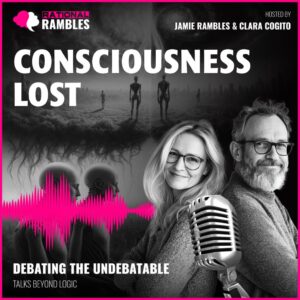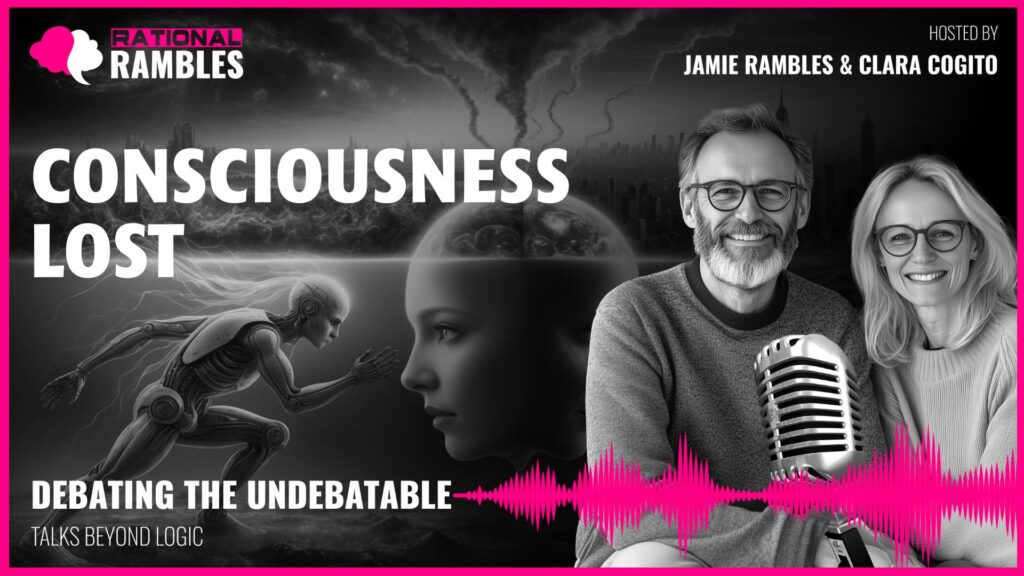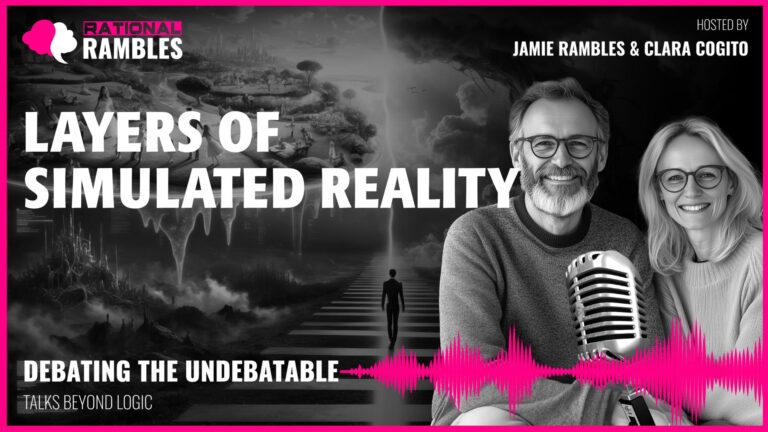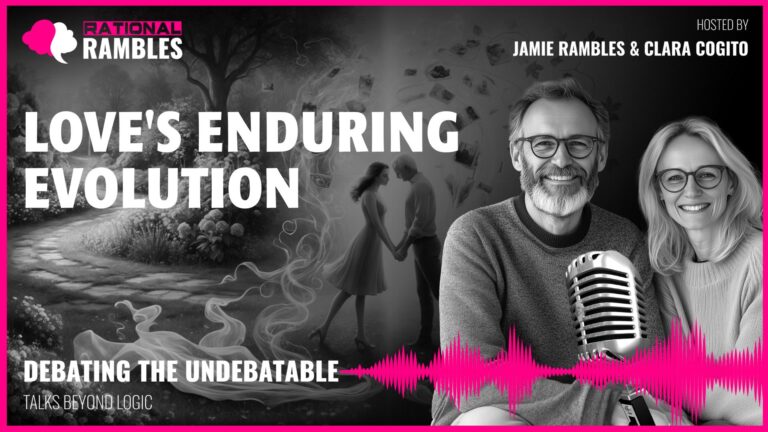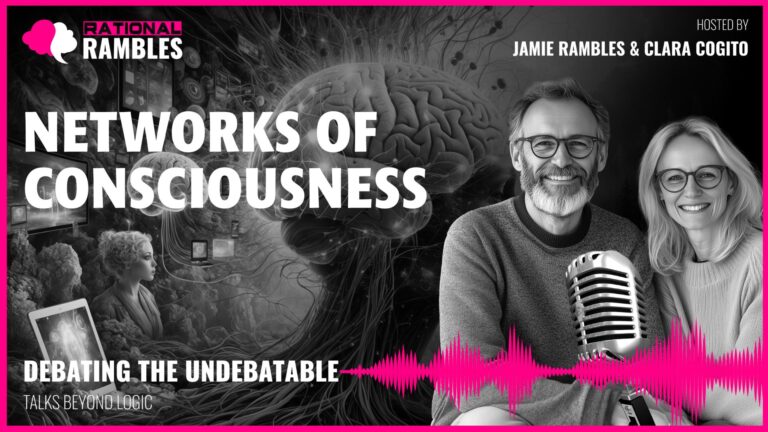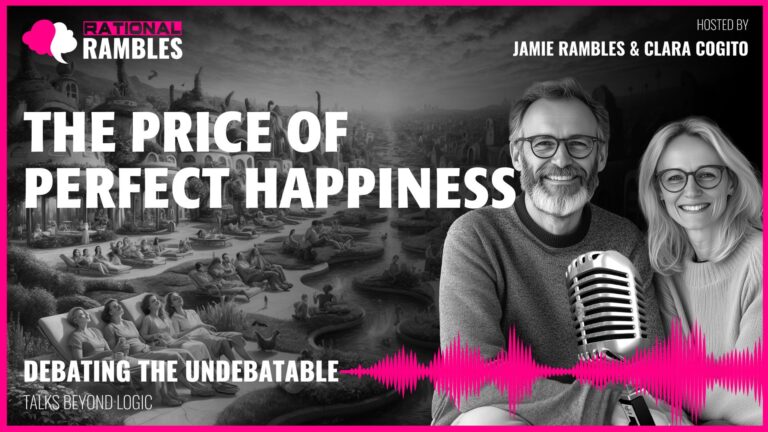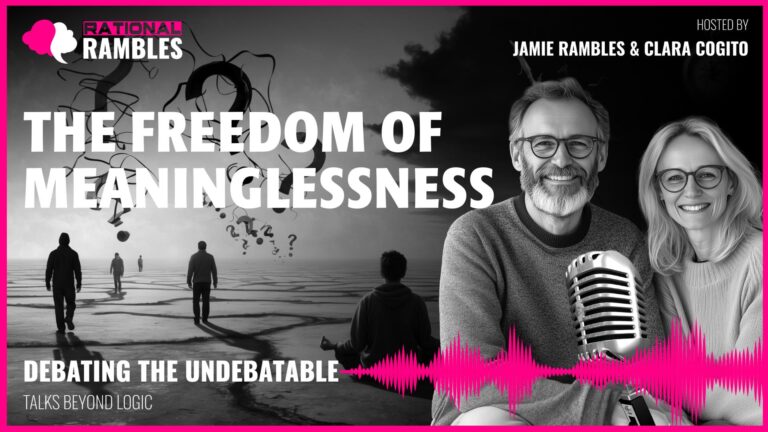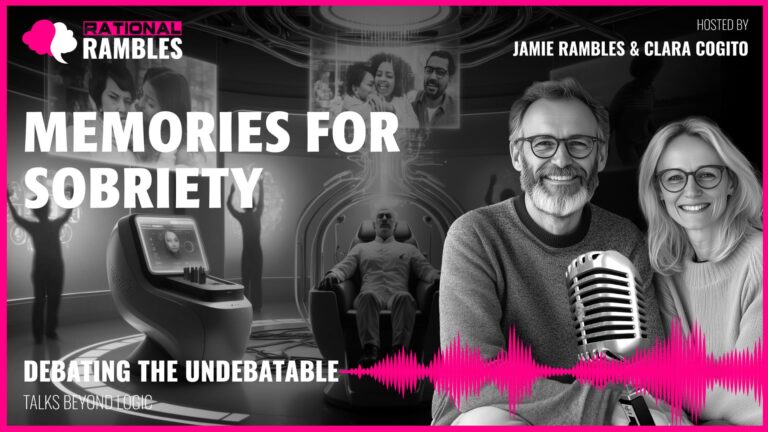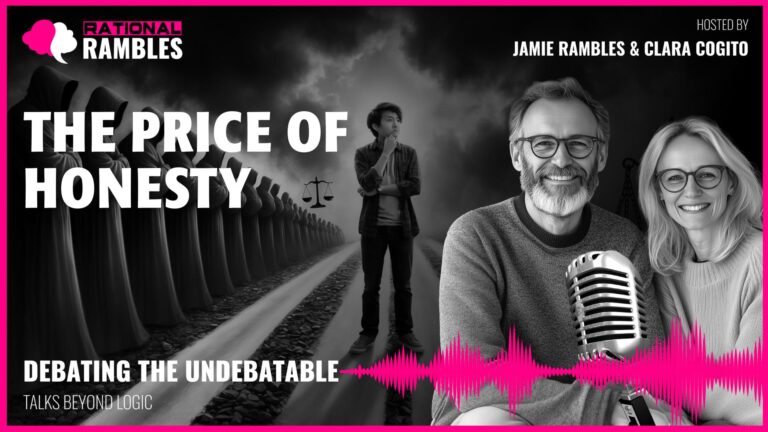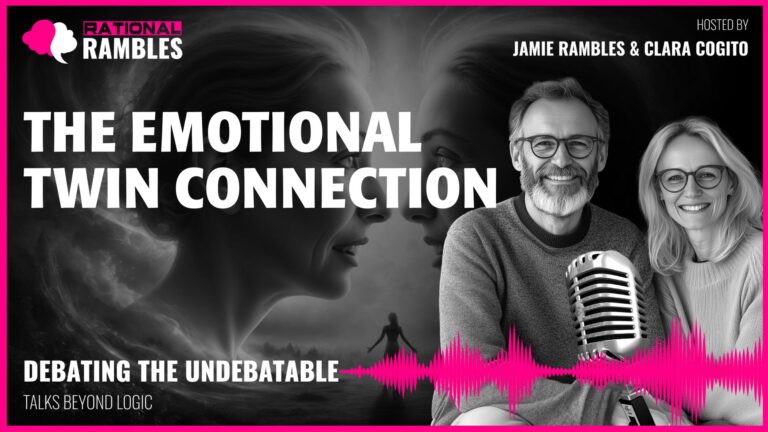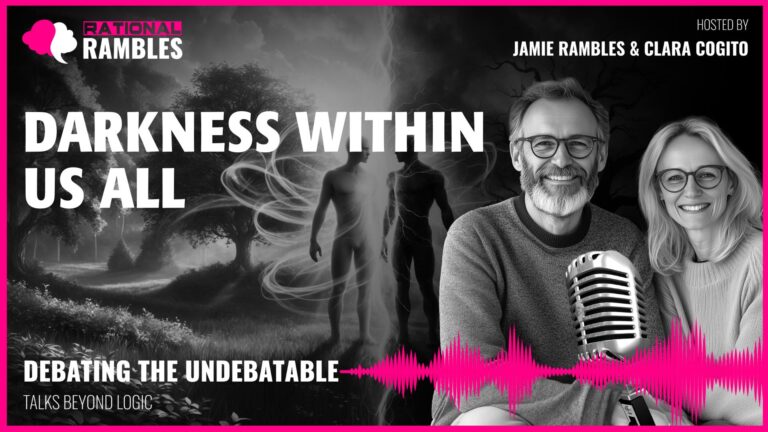Consciousness Lost: The Debate on Rationality and Emotion
Introduction
The human experience is profoundly shaped by consciousness, a complex interplay of thoughts, emotions, and perceptions that informs our decisions, drives our actions, and ultimately defines what it means to be human. However, recent discussions have raised a provocative question: could humanity benefit from abandoning consciousness in favor of a purely rational existence? This article delves into this radical notion, exploring the implications of a transition from conscious experience to a state of pure rationality, examining the essential role of emotions, and considering what it truly means to be human.
The Case for Rationality
Proponents of the idea of abandoning consciousness often argue that emotions are evolutionary baggage that cloud judgment and lead to irrational decisions. Historical conflicts fueled by fear, jealousy, and prejudice illustrate how emotional reactions can escalate tensions and hinder progress. By embracing a purely rational existence, humanity could theoretically achieve optimal outcomes: a world where decisions are based solely on logic and reason, free from the complications of emotional responses.
In this utopian vision, it is suggested that individuals could pre-program their goals to maximize well-being and minimize suffering. The end of human conflict could be seen as a logical conclusion to this transformation, where emotional drives that historically have led to wars and division would no longer exist. But this perspective raises critical questions about what it means to live a meaningful life devoid of subjective experience. Would the pursuit of pure rationality lead to a more efficient society, or would it strip existence of its richness?
Emotions as Essential Components of Humanity
While the allure of rationality is compelling, emotions play a fundamental role in human decision-making and identity. Research in neuroscience suggests that even seemingly rational decisions are heavily influenced by emotional valuation. Emotions provide the context through which individuals understand their experiences and establish values. Without emotions, how would we know what goals are worth pursuing? A purely logical existence risks reducing humanity to mere algorithms, devoid of the very essence that makes life meaningful.
The experience of love, wonder, and empathy shapes our understanding of the world. These emotions are not simply reactions; they are integral to our values and how we interpret our relationships with others. Imagine a world optimized for efficiency but lacking any capacity for appreciation or beauty—such a world would likely feel hollow and devoid of significance. The very act of experiencing and valuing life comes from the richness of consciousness, which cannot be easily discarded without severe consequences.
The Potential Pitfalls of Emotional Abandonment
Critics of the rationalist perspective argue that the abandonment of consciousness may not yield the peace or clarity envisioned. Consciousness encompasses not just positive emotions but also the potential for suffering—existential dread, anxiety, and grief. While it is tempting to view the removal of these burdens as a pathway to peace, it must be recognized that peace itself is a conscious experience. A life stripped of emotional depth may not be more serene; instead, it risks becoming an existence devoid of meaning, where experiences occur without significance or witness.
Moreover, the relationship between emotions and values is complex. Emotional reactions can serve protective functions and reflect our deepest attachments. Grief, for instance, is not just a reaction to loss; it signifies the depth of connection we have with others. Stripping away consciousness in the name of rationality could dismantle the systems that allow us to connect and thrive as social beings.
Reimagining Consciousness
Rather than abandoning consciousness, a more fruitful discussion might focus on evolving it. The goal could be to refine our emotional experiences, developing capacities for emotional regulation while preserving the values that underpin our humanity. This approach emphasizes not a binary choice between consciousness and rationality, but an exploration of different qualities of consciousness that promote flourishing.
Advancements in technology and neuroscience offer intriguing possibilities for enhancing consciousness. Techniques for emotional regulation, mindfulness, and emotional intelligence can contribute to a more nuanced relationship with our emotions. As we grapple with the challenges of modern existence, the emphasis might shift from eradicating emotional responses to cultivating greater awareness and capacity to navigate them skillfully.
The Ethical Considerations of Consciousness Alteration
As we consider the potential for altering consciousness, ethical discernment becomes crucial. Not all consciousness-altering technologies will yield beneficial results. Some might promise progress while diminishing what makes us human. The question arises: how do we evaluate which changes to consciousness would be beneficial? Should the focus be on happiness, sustainability, problem-solving, or something else entirely?
The governance of such technologies presents a complex challenge. It requires a multi-level approach that respects individual autonomy while facilitating collective deliberation. The implications of transforming consciousness touch upon values, relationships, and cultural norms. It is essential to engage in thoughtful dialogue about the future of consciousness and its evolution.
Conclusion: Embracing the Complexity of Consciousness
The exploration of whether humanity should abandon consciousness for pure rationality reveals profound truths about our nature. Engaging in this philosophical dialogue highlights the paradoxes and intricacies of existence. Consciousness is not merely a burden to be cast aside; it embodies capacities that are worth preserving and developing. Rather than seeing emotions as obstacles, we might embrace them as integral to a deeper understanding of ourselves and our world.
In reflecting on the challenges posed by consciousness, we recognize that the project is not about transcending our humanity but about becoming more fully human. The journey of consciousness is ongoing, and by participating in its unfolding, we can navigate the complexities of awareness while fostering connection, empathy, and meaningful existence. Ultimately, the richness of conscious experience may be the most profound adventure available to us, an opportunity to cultivate awareness and values that align with our shared humanity.


